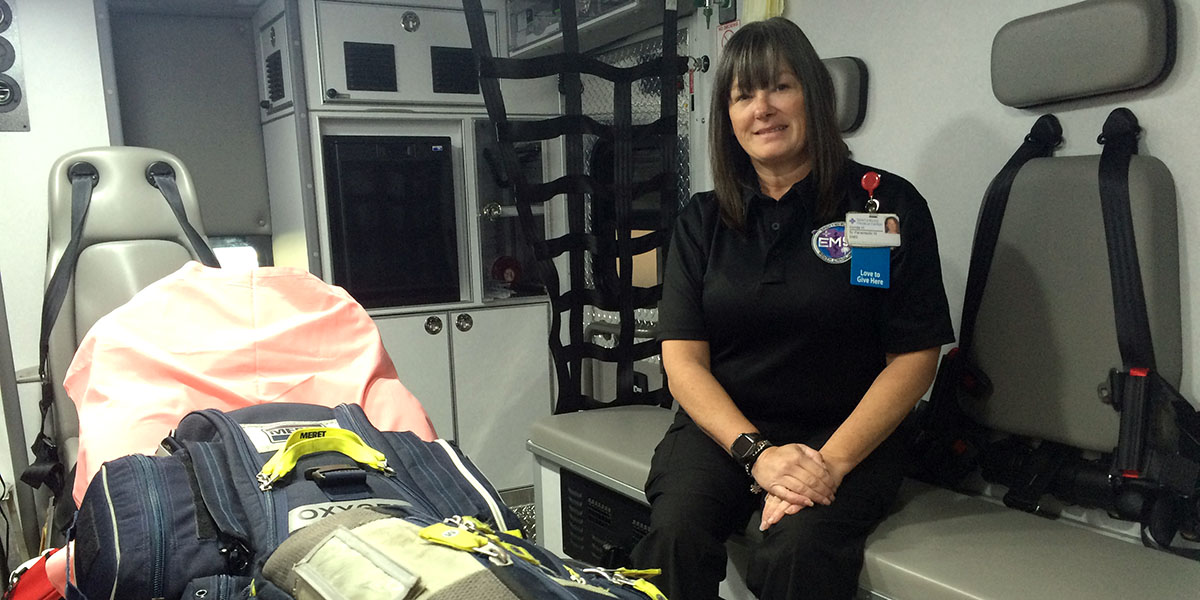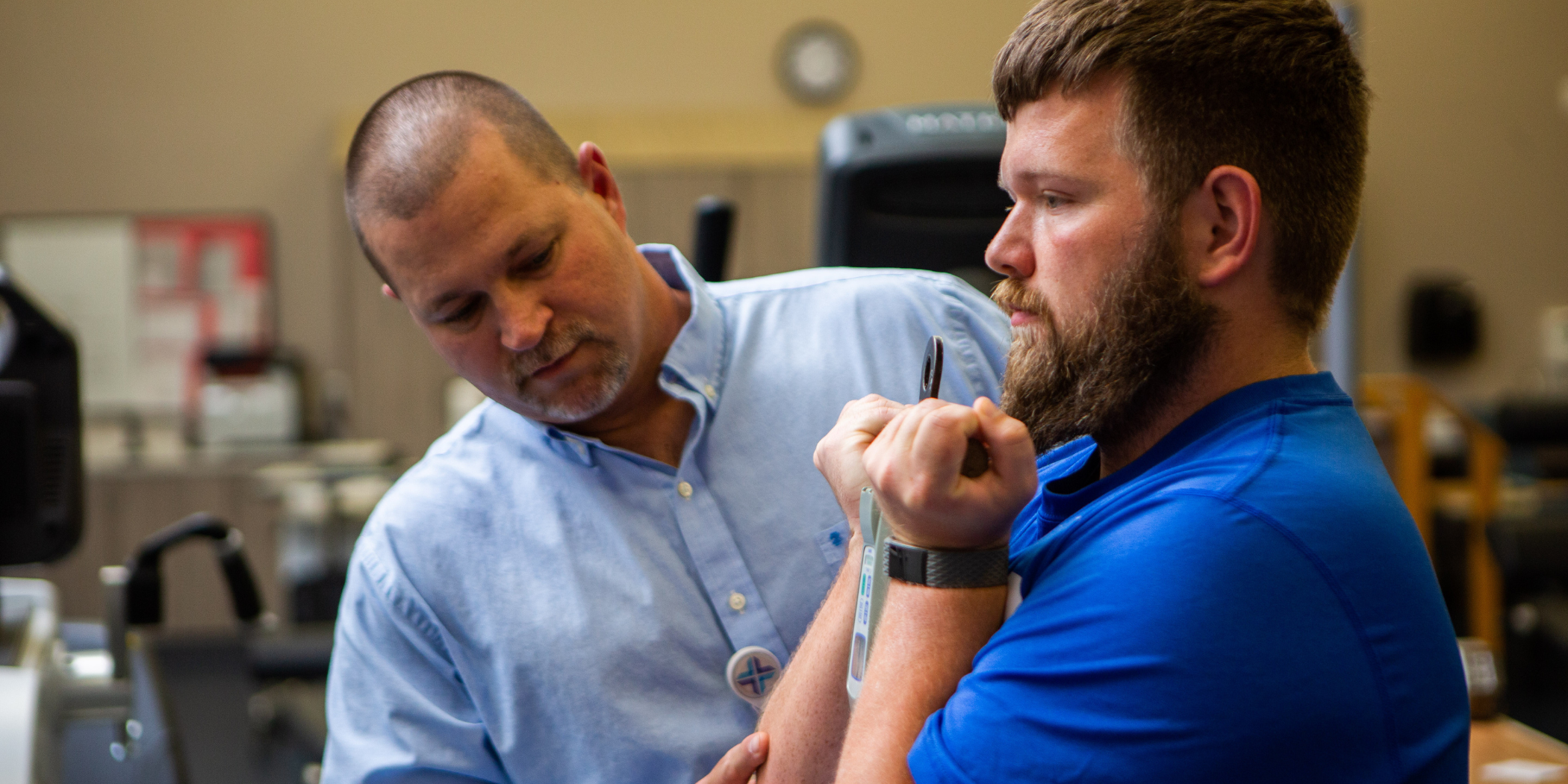
“I thought I was going to die”
Paramedic Vonda Hendrix has helped save many lives.
But she almost lost her own life, due to an often-deadly infection known as sepsis.
Several years ago, Vonda had a few spare hours in her week and was helping her daughter move back home.
"I was healthy and fine," Vonda said. "But that night, I noticed that I became extremely cold."
As soon as she finished moving her daughter's boxes into the house, she climbed into bed and fell asleep. Hours later, she awoke, shivering, and could barely move. She called for her daughter, who wrapped her in a blanket and drove her to Pelham Medical Center's Emergency Department.
Vonda had symptoms of sepsis when her daughter drove her to the ER. Her blood pressure was low, she was delirious, had a rapid heart rate and a fever.
Doctors immediately treated her for dehydration, and they tested her blood for signs of an infection.
"I thought I was going to die, and I thought death would be better than how bad I felt," she said. "I was hot and shivering."
A hospitalist started her on antibiotics, which helped to save her life. They were never able to discover the cause of her condition.
This happens often because sepsis is a challenging diagnosis to make, said Stuart Reynolds, MD, director of critical care services at Spartanburg Regional Healthcare System.
"With sepsis, clinicians have to be very alert and aware and look for small hints of organ dysfunction," Dr. Reynolds said. "Patients might feel they have an infection that is not the normal type of sore throat or cough, and they might have severe chills, pain and confusion."
A few days into her hospital stay, Vonda started to regain her strength and feel better. But it took months for her body to fully recover.
"I was out of work for two months," Vonda said. "There were days when I'd get up for half a day, and then I'd be back in bed."
Sepsis is a top killer in the United States, annually affecting 1.7 million adults and causing 270,000 deaths, according to the National Institute of General Medical Sciences.
"Across the country, nearly every two minutes, someone dies from sepsis, and every 20 seconds, someone is diagnosed with sepsis," said Shonna Bible, RN, MSN, project manager in quality at Spartanburg Regional.
Sepsis occurs when an infection triggers an overwhelming immune response, leading to inflammation and organ damage. It can escalate quickly, leading to organ failure.
"It's a very tough disease, and mortality is relatively high," Dr. Reynolds said.
If caught early, infections that might lead to sepsis can be taken care of with increased fluids and antibiotics, Dr. Reynolds said.
"But sometimes sepsis can progress quickly, and it's difficult to predict the progression," he said.
Sepsis sometimes results from pneumonia or urinary tract infections. Infections from cuts and other causes can escalate into sepsis, but the exact origin of a patient's disease often is unknown.
Clinicians can use a tool called the Sepsis Organ Failure Assessment to see if a patient showing signs of infection is at risk for sepsis. Any two of the three symptoms indicate a high risk:
- Low blood pressure
- Altered mental status
- Very rapid breathing
Spartanburg Regional has implemented international sepsis treatment guidelines, including the Surviving Sepsis Campaign Bundle. When a patient shows signs of sepsis, doctors begin treatment immediately. They take cultures to determine the source of infection and give patients fluids, antibiotics and other supportive medications. And the health system regularly educates staff about sepsis.
"I walked around the hospital in a cape and mask as a sepsis superhero," Bible said. "We have creative ways to bring awareness to staff and remind them to always be mindful."
Since having sepsis, Vonda has been more alert to signs and symptoms of the condition in the patients she helps.
Now, when Vonda sees a patient with two out of the three sepsis risk factors, she calls the ER before transporting the patient. It helps the ER prepare and make a faster diagnosis.
"What I want people to know is that sepsis is not a joke," she said. "It will kill you as quick as a heart attack or stroke."












